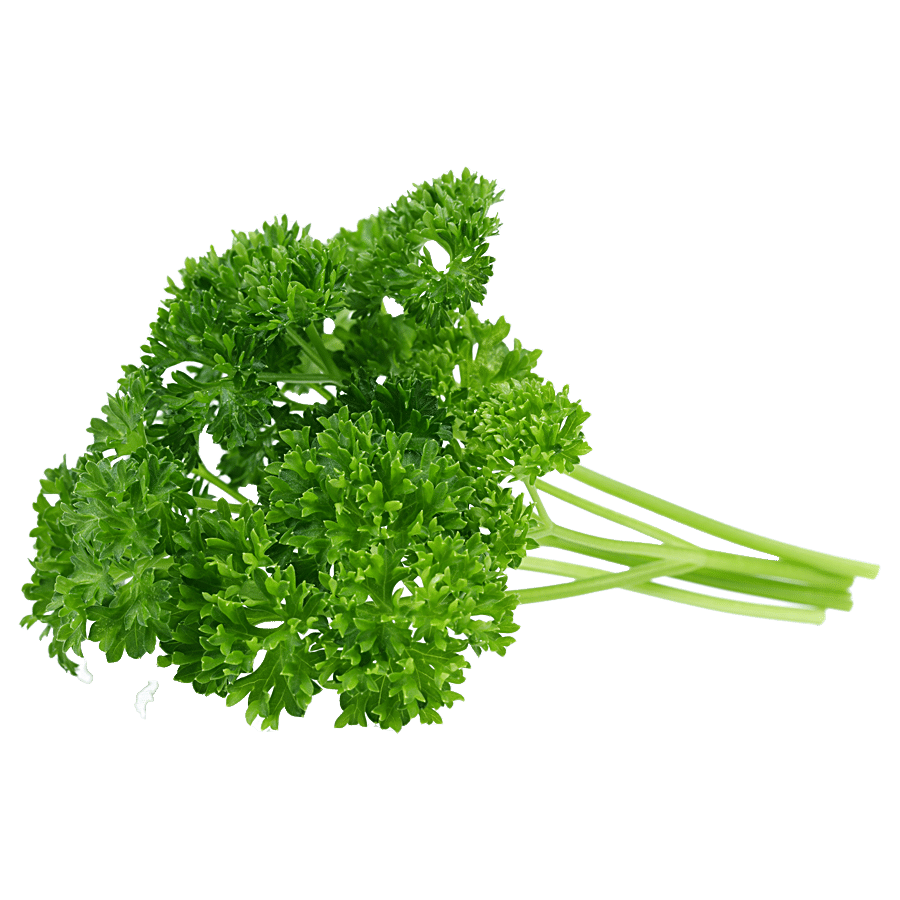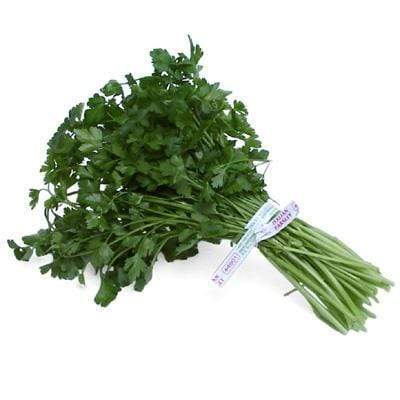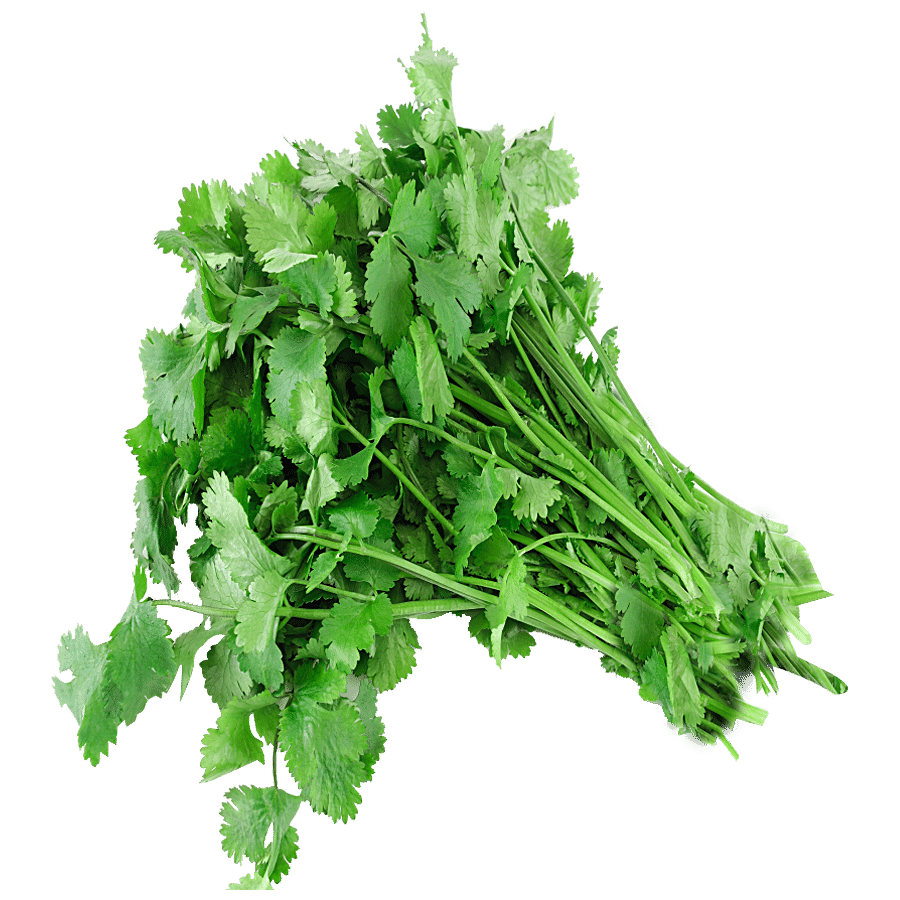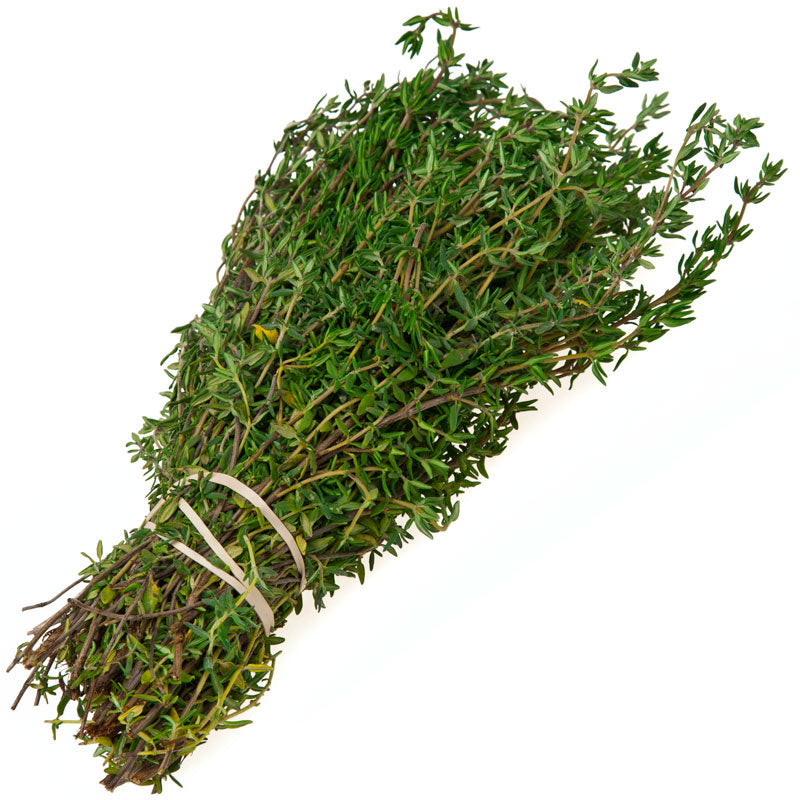Description
Parsley, scientifically known as Petroselinum crispum, is a versatile and widely used herb that not only enhances the flavor of a variety of dishes but also boasts a rich history of culinary and medicinal applications. Belonging to the Apiaceae family, parsley is a biennial plant with bright green, vibrant leaves that exhibit a distinctive, curly or flat-leafed morphology, adding an appealing aesthetic to culinary presentations.
With origins tracing back to the Mediterranean region, parsley has been cultivated and cherished for centuries, earning its place as a staple in diverse cuisines around the world. Its mild, fresh, and slightly peppery flavor contributes a unique depth to both cooked and raw dishes, making it a go-to herb for salads, soups, stews, and a wide array of culinary creations.
Beyond its culinary merits, parsley has a storied history as a medicinal herb, valued for its potential health benefits. Rich in essential nutrients, including vitamins A, C, and K, as well as minerals like iron and potassium, parsley is recognized for its potential to support overall well-being. Additionally, it contains antioxidants, such as flavonoids and volatile oils, which may contribute to its anti-inflammatory and immune-boosting properties.
Parsley comes in two main varieties: curly leaf and flat-leaf (Italian) parsley. The curly variety is often favored as a decorative garnish, while the flat-leaf parsley is prized for its robust flavor, making it a preferred choice in many culinary applications.
Cultivating parsley is relatively straightforward, and it can thrive in various climates, making it a popular herb for home gardens. This hardy herb requires well-drained soil, ample sunlight, and moderate watering to flourish. Its adaptability and resilience have contributed to parsley’s ubiquity in culinary landscapes across the globe.
In folklore and cultural traditions, parsley has been associated with symbolism and superstitions. Some cultures believed that parsley had protective qualities, while others incorporated it into rituals and celebrations. Its prevalence in various cultural practices underscores the herb’s enduring significance and the deep-rooted connections between food, culture, and symbolism.
Whether used as a finishing touch on a gourmet dish, a key ingredient in a refreshing tabbouleh salad, or a healthful addition to a green smoothie, parsley continues to captivate the senses and palates of individuals worldwide. Its rich history, culinary versatility, and potential health benefits make parsley a beloved herb that transcends cultural boundaries, leaving an indelible mark on the world of gastronomy.






Wadab –
I appreciate the commitment to organic farming evident in Simple Truth Organic™ Parsley. The leaves are consistently high-quality, and I can use them with confidence, knowing that I’m avoiding harmful pesticides. It’s a fantastic choice for health-conscious cooks who want the best for their meals.
Mukhtar –
This parsley has become a kitchen essential for me. Its versatility is unmatched – from garnishing soups to enhancing the flavor of my homemade sauces. The resealable packaging ensures that the parsley stays fresh, making it a reliable and long-lasting addition to my pantry.
Raymond –
Simple Truth Organic™ Parsley exceeded my expectations! The flavor is vibrant and fresh, adding a delightful kick to my salads and pasta dishes. I love knowing that I’m using a product that’s not only delicious but also organic and responsibly sourced.